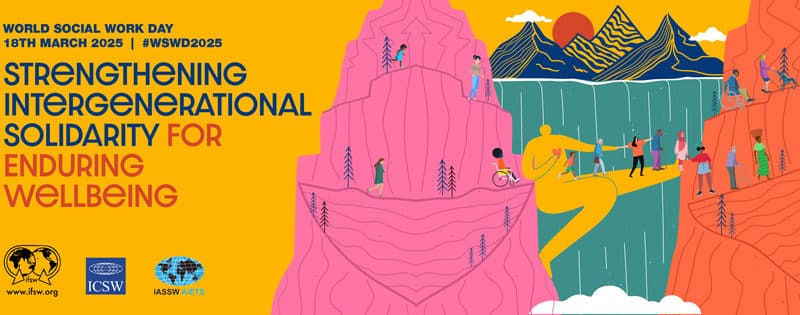Over the past two years, Jehanne has dedicated her efforts to working with children, including those in special education programs. This experience has shaped her perspective on the needs and aspirations of young people and highlighted the importance of nurturing their growth. “It opens my heart to know that our future generations have an opportunity to be themselves and to do what they want and need to do,” she reflects.
Through these experiences, she has learned that nature plays a critical role in children's development. Whether working with children with disabilities or supporting elementary school students, she has witnessed the joy and growth that outdoor activities foster. “Children thrive in natural environments,” she shares. “They love being outside, embracing their true selves. They’re running, playing, imagining, and burning their energy in ways that nurture their physical, emotional, and social well-being.”
In her coursework, research emphasized how the natural environment engages students, improves attention skills, stimulates imagination, enhances physical fitness, and increases productivity. She has witnessed this firsthand, observing children using stones as phones or creating elaborate imaginary scenarios outdoors. These activities promote critical skills like empathy, cooperation, and emotional regulation, offering children tools to navigate life with resilience and creativity.
However, Jehanne is deeply concerned about how climate change and urbanization are threatening children’s connection to nature. “The decline in natural outdoor areas will negatively impact students’ ability to experience the world and build essential social skills,” she warns.
She highlights the rise of “iPad kids,” noting that increasing dependence on screens is dehumanizing, as it reduces meaningful interactions, hinders real-world exploration, and limits children’s ability to engage physically and emotionally with their surroundings. "The environment and our children are intertwined with the future," she asserts. "We must embrace nature, reduce screen time, and protect our natural spaces."
She stresses the need for policies that prioritize the preservation of public spaces, wildlife habitats, and natural resources. Without these protections, rapid urbanization and deforestation will continue to displace ecosystems, reduce biodiversity, and limit access to outdoor spaces where children can play and learn. “We need to act now to protect the spaces where children can truly connect with nature,” she says. “If we don’t, we risk losing these vital areas that shape their development.”
Community-driven efforts also play a key role in creating lasting change. Initiatives like beach cleanups, tree planting, and park revitalization provide practical ways for people of all ages to come together and protect the environment. "When communities unite to care for their surroundings, they create lasting impact," Jehanne notes. These actions not only restore vital natural spaces but also help build intergenerational connections, fostering a shared sense of responsibility for the planet. Through consistent, small efforts, we can all contribute to a healthier environment and a more sustainable future.
On a personal level, she highlights the significance of daily habits. By reducing waste, reusing materials, and recycling conscientiously, individuals can contribute to a healthier environment. Simple lifestyle changes, such as embracing energy-efficient practices and being mindful of resource consumption, set an example for younger generations and cultivate a culture of sustainability.
This World Social Work Day serves as a reminder of the power of working together to address pressing environmental challenges. Protecting natural spaces is not only about safeguarding the environment but also about ensuring a sustainable future for children and families. Jehanne’s insights urge us to take decisive action today, securing a world where future generations can thrive and remain connected to the beauty and wisdom of nature.
As she looks ahead to her career in school social work, pediatric social work, or play therapy, Jehanne remains committed to her mission of fostering strong connections between children and nature. “They are not children for long,” she reminds us. “Let them experience the world through nature.”
Article By: Mhea Bardouille

